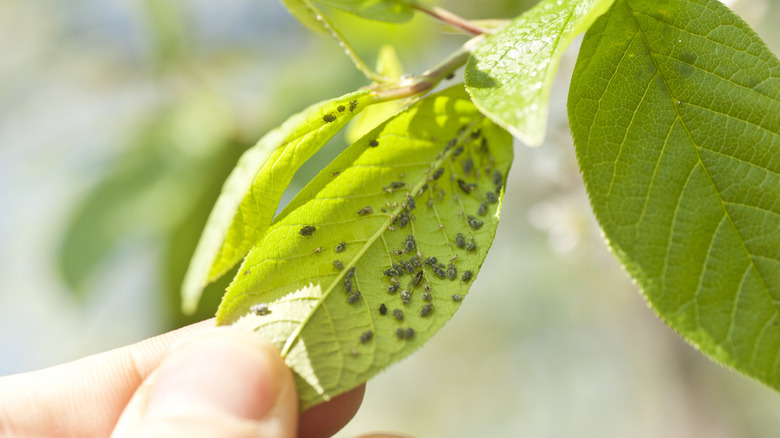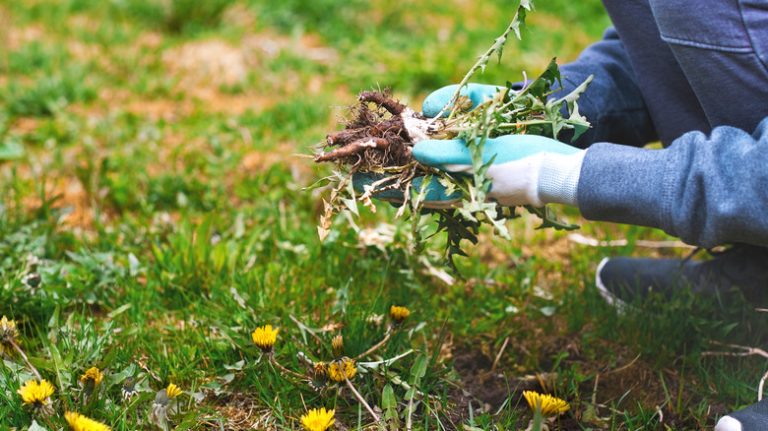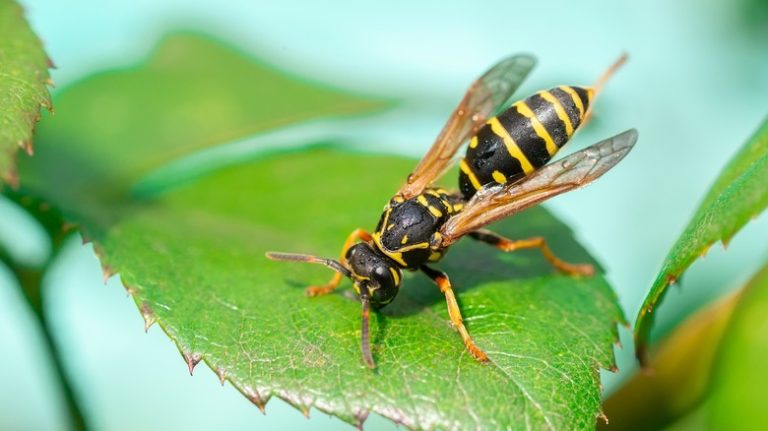You may think of coffee grounds as your morning wake-up call, but they also wake up your garden in ways you might not expect. Aside from being a rich source of nutrients like nitrogen, potassium, and phosphorus, coffee grounds have a hidden talent — they’re exceptional at deterring certain garden pests. We’re talking about common nuisances like snails, slugs, ants, and even rabbits. These critters find the gritty texture and smell of coffee grounds off-putting, which is a win for you and your garden.
Now, why is it essential to keep these pests away? Each has its own particular brand of troublemaking. Snails and slugs love munching on your plants, causing extensive leaf damage that can stunt growth or kill the plant altogether. Ants, aside from their painful bites, also harm your plants by building their mounds in root zones, which leads to poor water distribution. Rabbits may look cute, but they’re not when they start eating through your vegetable patch.
But the coffee magic doesn’t stop at deterrence. In a delightful twist of nature, while repelling the pests you don’t want, they also attract the critters you want — like worms. However, before jumping into action and sprinkling coffee on your lawn or garden, it helps to understand how it manages this balancing act and how best to incorporate it into your routine.
The beneficial relationship between coffee grounds and worms
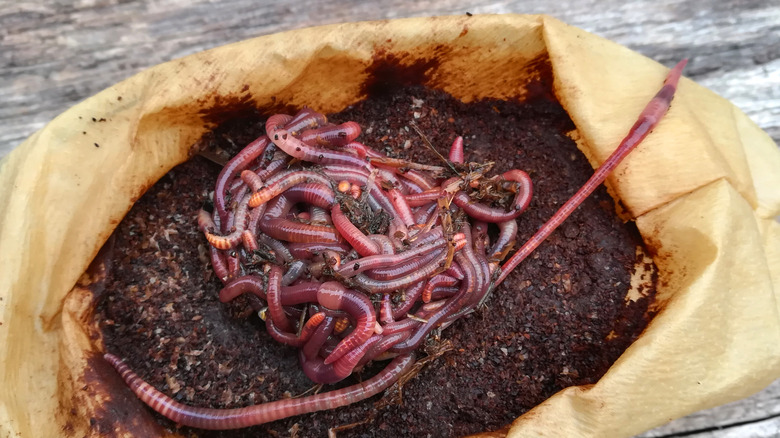
Let’s shift gears and talk about the good guys — worms. These little guys probably love coffee almost as much as we do, and it’s worth understanding why. You see, worms are like the garden’s personal chefs, converting organic matter into nutrient-rich soil. They’re known for producing worm castings, which is essentially a fancy term for worm waste, but it’s pure gold for your garden. Worm castings enhance the soil’s structure, improve its water-holding capacity, and enrich it with nutrients. So, when you introduce coffee grounds into your garden, you’re essentially giving these chefs the top-quality ingredients they need to cook up some fertile soil. Worms are attracted to coffee grounds primarily because they are rich in organic material. So, the more coffee grounds you add, the more worm castings you’ll get, leading to more fertile soil.
But wait, there’s more. Worms are also fantastic for soil aeration. As they move through the soil, munching on your coffee grounds, they create channels. These channels make it easier for air and water to penetrate the soil, allowing your plants to absorb essential nutrients. So, by using coffee grounds, you’re not just providing food for worms; you’re also indirectly improving the quality of your soil, thanks to the natural behavior of these worms. Think of it as a mutual relationship, with coffee grounds serving as the catalyst.
How to use coffee grounds in your garden
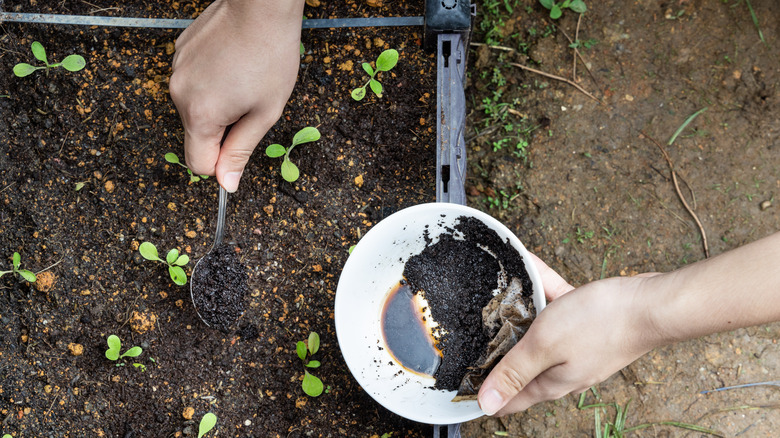
So, you’re convinced about the magic of coffee grounds and are ready to introduce them to your garden. Before you dump your morning’s coffee waste into your plant beds (hoping for the best), it helps to know that there’s a method to this, and understanding it can make all the difference. Using your coffee grounds in vermicomposting, or composting with worms, is typically the safest way to add them to your garden. With this method, you reap double the benefits: the coffee grounds enrich the compost with nutrients while breaking down other organic matter more efficiently.
If composting isn’t your thing, you can add coffee grounds directly to the soil. You should be cautious in this situation. Fine particles in coffee grounds can cluster together and produce a water-repellent layer on the soil. To avoid this, sprinkle a little coating of coffee grounds on top of the soil or mix them in softly. This way, you create a favorable environment for worms without suffocating your plants.
Lastly, monitor your plants as you start this new routine. If they show signs of nitrogen deficiency, like yellowing leaves, it might be due to an overuse of coffee grounds. Cut back a little and monitor the changes. Moderation is key when it comes to using coffee grounds in your garden. By following these guidelines, you can create a more sustainable and thriving ecosystem right in your backyard.

